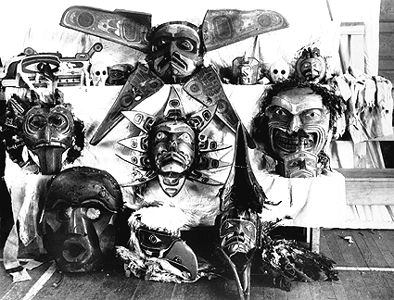Macleans
Ottawa Rethinking Foreign Aid
By her own admission, Susan Whelan was not the logical choice to be Canada's top social worker to the world. A small-business lawyer and daughter of former agriculture minister Eugene Whelan, the MP for Essex, near Windsor, Ont.This article was originally published in Maclean's Magazine on October 28, 2002



